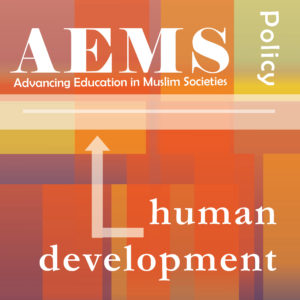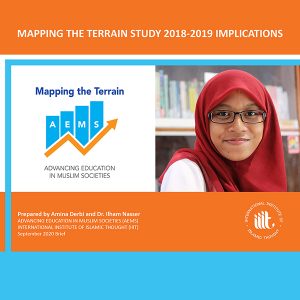The International Institute of Islamic Thought (IIIT), fosters vital conversations on education policy and values-based public policy, acknowledging that education policy is part of larger systems of governance and policymaking. IIIT encourages discussions with education reform experts and stakeholders, including policy advisors, governmental officials, academics, teachers, and parents through multiple platforms including its award-winning podcast, Third Space Thoughts to Policy, and blog, Thoughts in the Third Space.
IIIT builds partnerships domestically and abroad to examine the current state of policies in the Muslim world that impact education and offers pragmatic recommendations to decision makers on ways to implement reforms. In order to accomplish its mission, the institute relies on data-driven research prepared by academics and policy experts in coordination with contacts on the ground in IIIT’s various offices around the globe. The Institute disseminates its findings through various publications including books, reports, and policy briefs.
Education policy involves decision-making processes at the highest levels of educational systems as well as those on the more local level. Systems that are more centralized rely on leadership from ministries of education or higher education which set the standards and guiding principles directly impacting teacher qualifications and accreditation, administrative leadership at schools, pedagogy, curriculum, assessment and evaluation, as well as other areas. Reform at the higher level can contribute to a “trickledown” effect into other areas and levels of education. With that being said, not all systems are centralized, and policy reform can also have an impact at the local level in these decentralized contexts when targeting regulations and guidelines pertaining to a specific state, district, or school.


